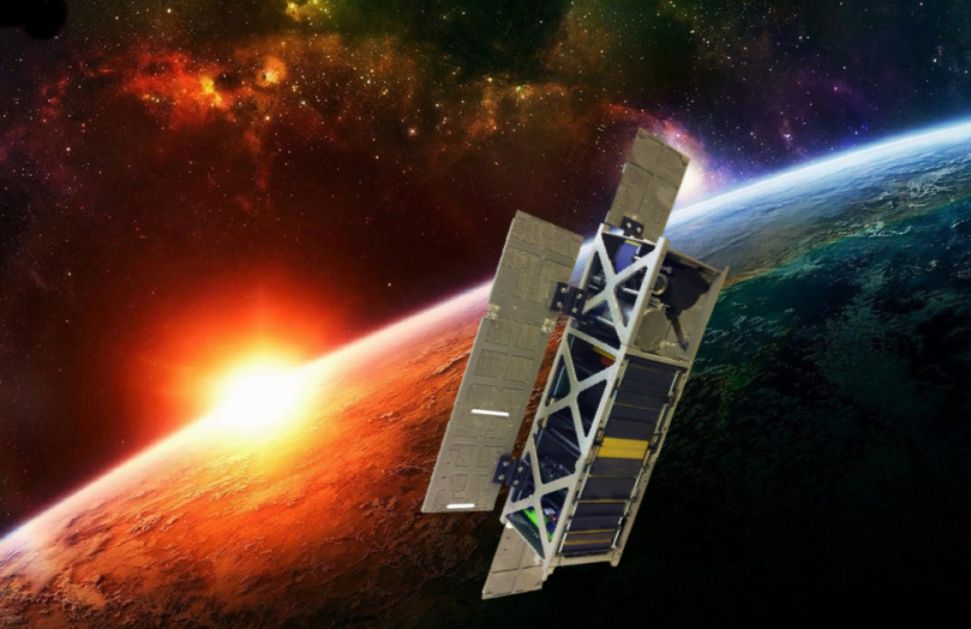SERB : precursor for solar variability monitoring.
The role of solar variability on climate change is a topic of strong scientific and societal interest.
To understand the recent evolution of the climate and to project it in the future requires to be able to distinguish between the climatic variations of anthropic origin and the natural variations. As solar radiation is the main source of energy for the ocean-atmosphere system, it determines the Earth’s radiative balance and climate. However, greenhouse gases and dust of volcanic origin also introduce effects that are more or less long term. It appears that the influence of solar variability on the atmosphere and the climate is major and it is much more complex than expected on just the basis of the energy balance of the Earth. For example the variability in the ultraviolet range is much higher than the variability of the total solar irradiance. Another challenge is to increase the absolute value of solar irradiance during solar minima throughout the 11-year solar cycle.
The development of the SERB nanosatellite is a first step in a more ambitious nano-satellite constellation programme, that aims to perform simultaneous measurements from different view points over two 11-year solar cycles. SERB is a pilot project developed in a university setting, with the following goals :
- continuity of measurements of total solar irradiance ;
- determining the absolute value of the solar constant (about 1362 W/m2) with an accuracy of better than 0.5 W/m2 ;
- Earth’s radiative balance with a precision better than 5% ;
- solar variability in the Herzberg continuum around 220 nm (UV).
The SERB mission is part of the scientific themes pursued at ESEP and its integration with C²ERES will facilitate the sharing of expertise with LATMOS for future generations of space instruments. Currently, the SERB mission is part of the JANUS program. The Student Space Center (SSC) of the X is involved in this program. In addition, several ESTACA students have already participated in the project through long-term internships.
Contact : Mustapha.Meftah @ latmos.ipsl.fr




